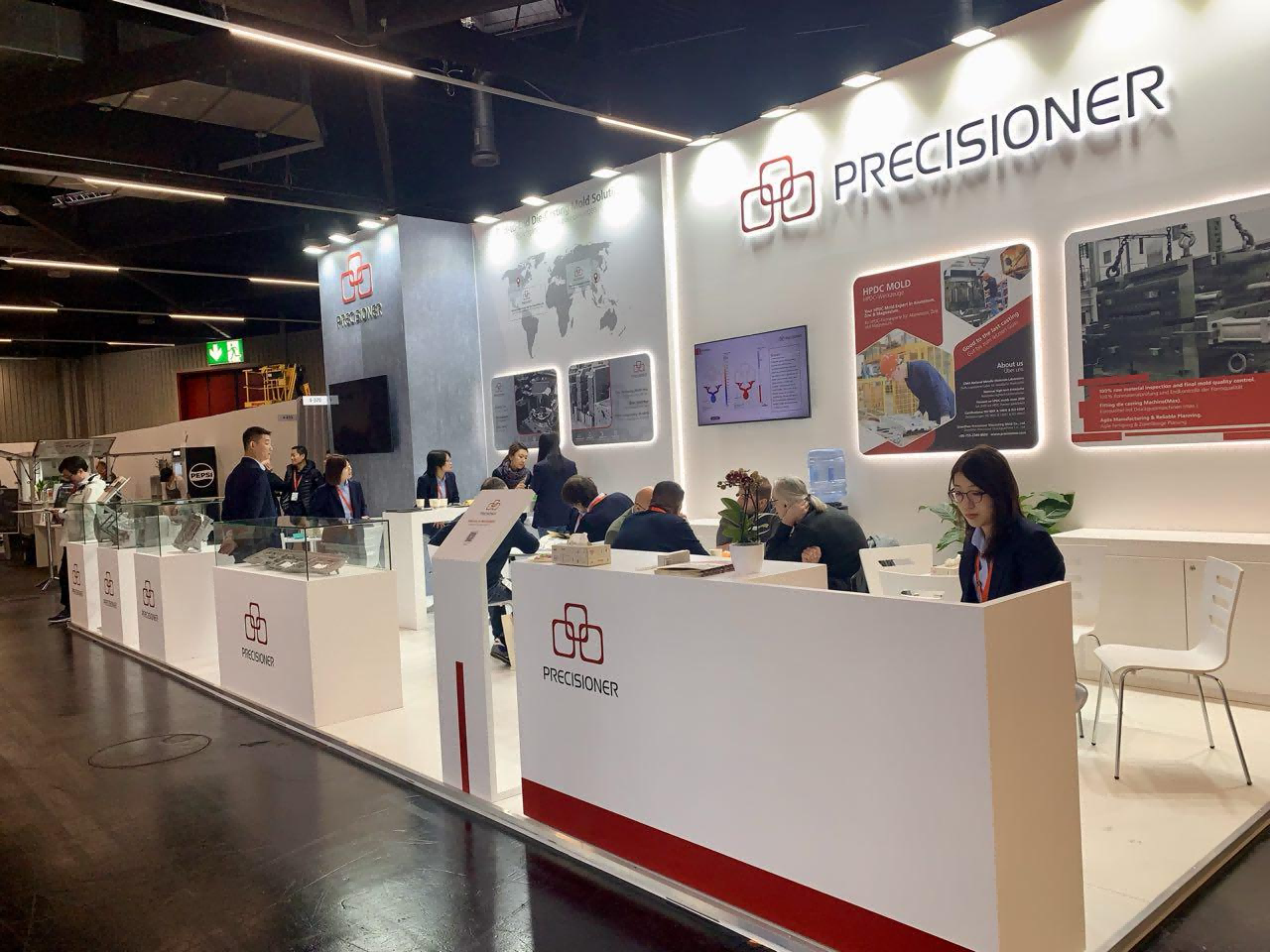China is promoting the metaverse for industrial use, with a goal of improving manufacturing efficiency. Photo: Shutterstock
China has set out an action plan for developing a domestic metaverse, which includes cultivating “three to five metaverse companies with global influence”, by 2025 through development of artificial intelligence (AI), blockchain, and virtual reality (VR) technologies.
According to the policy document published on Friday by five Chinese ministries led by the Ministry of Industry and Information Technology (MIIT), China aims to build “three to five industrial clusters” around the emerging technologies by 2025 with key breakthrough applications and governance for the conceptual next-generation internet made up of three-dimensional spaces.
The document, which maps out a blueprint covering 2023 to 2025, emphasises the application of the metaverse to various industries, such as home appliances, automotive and aerospace. Manufacturing industries such as steel and textiles can also adopt related technologies to optimise scheduling, material calculation, and other parts of the production process, according to the plan.
Joining the MIIT in issuing the document were the education and tourism ministries, along with the State Council’s state-owned enterprise regulator and the National Radio and Television Administration.
In the long run, China wants to build a mature metaverse for industrial use that can help drive new growth in manufacturing, according to the document.
The plan was made to “seize the opportunity of the global acceleration of the metaverse industry”, which has the potential to “lead the next generation of internet development, and accelerate the upgrade of the manufacturing industry to be more advanced, intelligent and greener”.
Some of the key technologies involved include blockchain, which supports data transfer and governance in metaverse, as well as advanced electronic components and other hardware innovations.
The metaverse refers to an immersive virtual world, where digital representations of people can interact with each other like they do in real life. VR, augmented reality and mixed reality (MR) technologies are regarded as fundamental to the development of the metaverse.
Another national action plan issued last November set a goal of growing the MR industry to 350 billion yuan (US$47.8 billion) and shipments of 25 million MR devices by 2026.
Some local Chinese governments have issued their own policies to encourage metaverse development, usually with a focus on how it can support the economy and traditional industries.
Last September, China’s central Henan province, which has positioned itself as a key node in the global supply chain in the past decade by housing the world’s largest iPhone manufacturing compound, unveiled its goal to develop a 100 billion yuan metaverse industry by 2025 and create an “industrial metaverse”, an “energy metaverse”, an “education metaverse” and a “virtual human metaverse”.
Source: Washington Post, Shenzhen Ministry of Industry and Information Technology
















